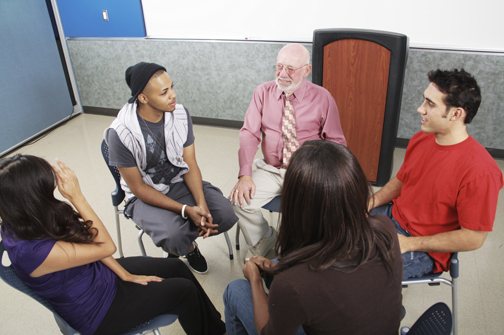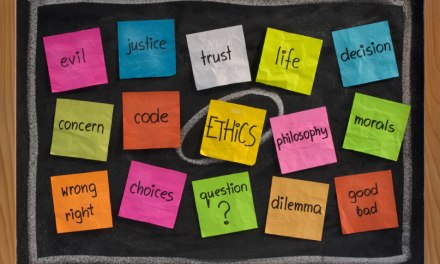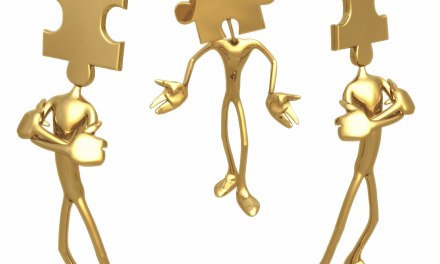I have to confess I’d never heard of this extremely successful Irish comic novelist, until a Guardian article arrived, in anticipation of her latest book. The title of the review that got my attention.
Marian Keyes: ‘Rehab was one of the happiest times of my life’
The story line for the new book, and for most of her other work as well, chronicles her protagonist Rachel’s long journey from confused rehab patient to lead counselor at the same program. It made me think of my mother-in-law, now in her 90s, who followed a path not unlike Rachel’s. Hers began in rehab at Hazelden, morphed into a long career as a working clinician in various treatment programs, and ended, curiously enough, after working in an inpatient facility on Ireland’s West Coast.
She had a million funny stories to tell, so I’ll have to check these novels out. You simply can’t have too much humor these days.
Here’s how Marian Keyes described residential treatment:
“[Rehab] … was one of the happiest times of my life, in a bizarre way. The bonds that you form with the people in your group, the other walking wounded … we were all trying to help each other. It was actually very beautiful.”
I get that. And I must have heard it a thousand times over the years, from others in recovery. It may seem counter-intuitive, but it isn’t really.
A friend once asked me how our patients could stand being cooped up in a controlled environment for 28 days or sometimes longer. To understand, I explained, you have to imagine what their lives may have been like immediately before they entered treatment. The isolation they experienced, both social and emotional. Imagine having to conceal whole parts of your life from others, including people you love. Consider the paranoia that accompanies active addiction. And the need to keep up the flow of drugs just to temporarily stave off the extreme discomfort of withdrawal.
After that, rehab is, in many ways, like coming alive again. You feel better, for one thing. You’d be surprised how much laughter goes on (mostly at oneself). People begin to feel supported, rather than judged. As one woman put it: “for the first time in forever, I felt as if no one was looking down on me.”
That last bit may be the real key. It also helps to explain the remarkable bonds that can grow between people who share the experience. Those bonds can last well beyond treatment itself.
By the way, I also want to mention another comic novel, from 1977, that was reissued with a sequel in 2010. It’s called the The Cracker Factory. Written by another woman about her own rehab experience, it too reflects a feminist perspective and was sometimes lumped into the category of chick lit. I thought it offered some valuable insights about recovery, and the ways that formal treatment can both facilitate (and sometimes inadvertently interfere) with a patient’s chances for success.
Plus it’s funny. That’s always a bonus.













